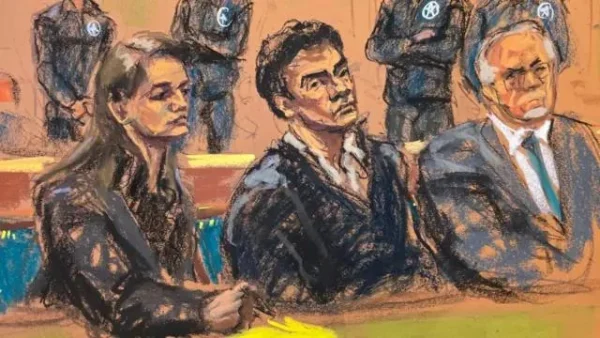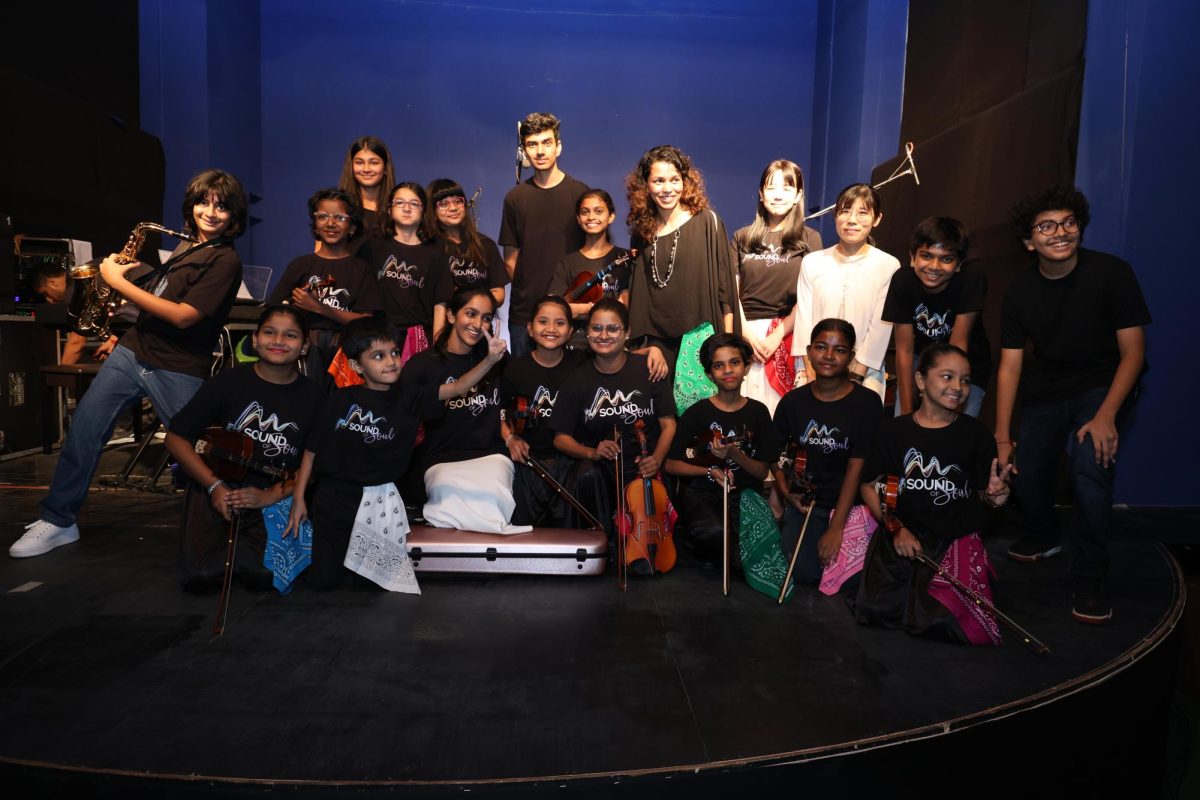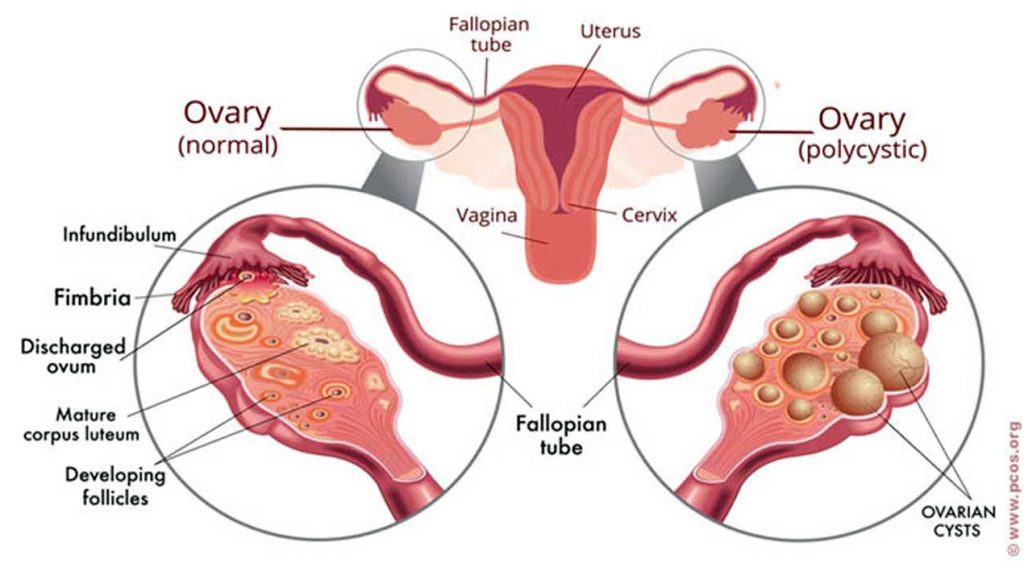Society should crumble. Our leaders must be put to the sword.
This is the start of every modern online manifesto. Whether it is the CEO assassin heartthrob Luigi Mangione or the Columbine shootings, violence often follows publication.
Should we even be listening to these malcontents or giving them a platform? Every time a violent tragedy happens, everyone rushes to lay blame on something or someone. It often involves a tragic backstory or some socio-economic limitation leading the killer to act the way they did. Whether it’s on X, Reddit, or YouTube, killers often leave behind a rationale for why they did what they did. What is obvious is that online communities become echo chambers for our worst tendencies.
This is what makes the case of Luigi Mangione so intriguing. As an Ivy League graduate from a rich family, he seemed to have everything going for him. For someone to throw it all away to kill the CEO of UnitedHealthcare in cold blood seems baffling. Mangione had every privilege, and every resource to make a meaningful impact on society. Yet, he gave it all up to what he believed was “fixing” a corrupted system. His act was shocking, yes. But what did it achieve? UnitedHealthcare promptly issued a PR statement, another executive stepped in, and business moved on.
Mangione’s manifesto, though filled with frustration, is ultimately hollow in its impact. At one point, he writes, “Frankly, these parasites simply had it coming” It’s ironic. The simple word choice of “parasites” is incredibly dehumanizing. But isn’t that exactly what UnitedHealthcare (and other health insurance companies) do? By turning patients into statistics, profits, and liabilities, they too engage in a kind of dehumanization–treating lives as commodities rather than as people. Mangione’s discontent was directed at a system that “perpetuates harm”, but in his anger he adopted the very attitude he so hated. Why throw your life away for a moment of sound and fury when the machine will erase you and move on?
That’s the thing about manifestos. They’re counterproductive. Corporations are too big and entrenched to be shaken by an individual’s anger. Killing a CEO doesn’t dismantle the system- if anything it strengthens it. They rely on the short-term memory of people. As I write this in January, this case has already left the public eye. Companies like UnitedHealthcare have mastered the art of erasure. Just like they erase their websites, they often erase their narratives–ensuring that people like Magione become just a footnote in a history of political violence We’ve seen this before. The notorious Gavrilo Princip is often credited with starting World War 1- yet his act of violence didn’t liberate his people, it began a time of chaos, war, and death. The structures of oppression he fought against were replaced by others just as oppressive. Magione’s actions, much like Princip’s, show that violence isn’t the answer, and often preludes more of the same. Violence, even when directed at injustice, rarely reshapes society in meaningful ways. It’s easy to fantasize about being a martyr for change, but achieving it requires a more measured approach.
So no, society isn’t going to crumble because one man picked up a gun. The world doesn’t rewrite itself based on what others have written. Political violence might feel like a shortcut to revolution, but history shows us it’s just a detour to nowhere. Luigi Mangione didn’t take down corporate America. He became a cautionary tale, a fleeting headline, an example of what not to do. His manifesto, like his actions, was full of sound and fury, signifying nothing. The system he raged against remains intact, while his life and his message will soon be forgotten. Sound and fury alone won’t cause change: it takes more than noise to make a difference.















